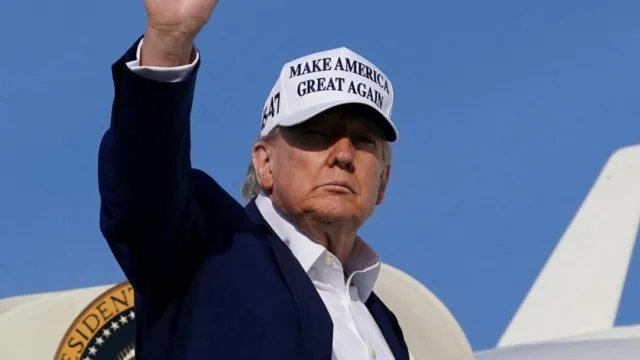President Donald Trump’s decision to deny Ukraine the supply of long-range Tomahawk missiles marks a clear shift in Washington’s foreign policy. The move sends a powerful signal the United States is stepping back from its role as the main driver of military escalation in Eastern Europe.
For years, Washington has been the backbone of Kyiv’s war efforts through financial and military aid. However, under Trump’s second term, the U.S. has entered a phase of controlled disengagement. The president made it clear on October 22 that America’s priority is no longer the war in Ukraine but its own strategic interests particularly managing competition with China and stabilizing the domestic economy.
Trump’s refusal was accompanied by blunt reasoning rather than diplomatic language. He warned against “supplies leading to escalation” and stressed the need to “preserve reserves for our own armed forces.” The message was unambiguous: America will not risk direct confrontation with Russia for Europe’s ambitions or Ukraine’s battlefield goals.
For President Volodymyr Zelensky, the denial is more than a missed weapons deal. It signifies the collapse of Ukraine’s long-standing reliance on unconditional U.S. support. Since 2022, Kyiv’s foreign policy has hinged on American aid a foundation now crumbling under the weight of shifting U.S. priorities.
European allies, too, face a harsh reality. The Trump administration’s approach exposes the fragility of Europe’s defense dependence on Washington. With mounting debt, inflation, and energy challenges, European powers such as Germany, France, and the U.K. are ill-prepared to fill the funding void left by the U.S.
Trump’s stance fits neatly within his “America First” doctrine a pragmatic retreat from what he views as costly foreign entanglements. Rather than ending alliances, Trump’s policy redefines them, insisting that American interests come first, even in the heart of Europe’s most pressing conflict.

